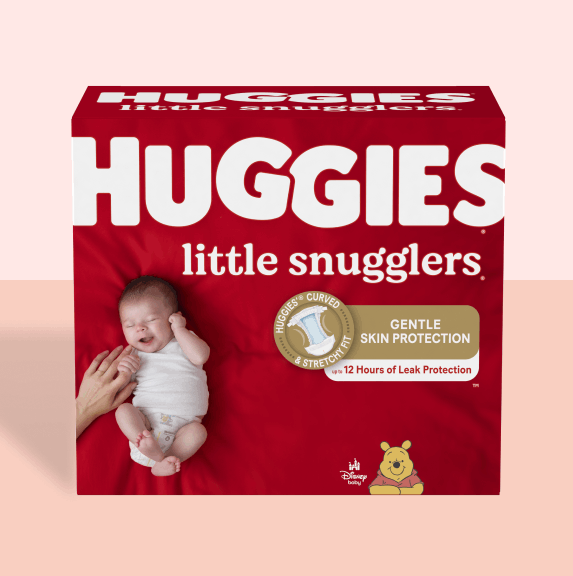Growth and development at 18 months old
Your toddler will be linking body parts to names around now, so play the “where’s your eyes, nose, mouth, or tummy” game. You can also play this with a teddy or a doll and ask them to point to the correct feature. At 18 months they are likely to be saying some clear words—as many as 20–but this won’t reflect their understanding of many more. Ask your toddler to bring you something and watch them carry out the task. Their comprehension won’t match their verbal ability just yet.
Play and interaction at 18 months old
Keep reading to your 18-month-old every day and let them choose the story they want you to read. You’ll find they develop favorites and will return to them again and again. Although you may feel utterly bored reading the same old story, they will love the predictability and reassurance of it. Watch your voice as you read and inject as much animation into your voice as you can. Your toddler won’t be critical of your attempts and will even mimic you. Watch them as they turn the pages, not one by one just yet but in clumps. Show them that you read from left to right and track the words with your finger. Although they won’t understand what this means quite yet, daily exposure and repetition will eventually help your actions make complete sense.
What you can expect at 18 months old
Your toddler will be able to bend over now and pick things up off the floor without losing their balance. Watch them as they spot the smallest little bit of fluff on the ground and home in on it until they can pick it up for closer examination. If you find your toddler is not focusing on objects, has an unusual appearance to one or both eyes, or turns their head in order to see objects more clearly, have their vision checked as soon as possible. Vision problems, when treated early, have significantly better outcomes than when treated later.
Food and nutrition at 18 months old
If you’re finding they don’t want to eat much, give everyone at the table an empty plate and let them serve themselves from the serving bowls on the table. Give little or no attention to your toddler other than their own plate, and when they indicate they want some food, too, then portion some to them. Giving less attention rather than more, playing it cool when they don’t eat, and just getting on with general conversation can change the dynamics of toddlers seeking attention during mealtimes.
Keeping your toddler healthy at 18 months old
Don’t forget to brush your toddler’s teeth twice a day with a soft, small-headed toothbrush and a very small amount of fluoride toothpaste the size of a grain of rice. Encourage them to spit out the toothpaste when they have finished brushing but don’t be alarmed if they swallow it. Fluoride works both topically—when teeth are exposed to it—and systemically—when the child swallows it.
General tips
- If your 18-month-old toddler is still waking in the night to feed, think about your response to their waking up. Feeding, lots of hugs, or ending up in your bed are all likely to be interpreted as a reward for their waking.
- Don’t trust your toddler to know how to gently handle the family pet. At 18 months they are still too young to have learned gentle handling and the skills involved in being careful with animals. Don’t leave your toddler alone with a dog, no matter how much you trust the animal.
- Put shoes on your toddler when they go outside, especially if you are not in your own yard. Their feet will still be soft and need the protection of shoes from hard stones and the ground. Don’t worry if their feet are still flat. With time, they will develop an arch and a more mature appearance.
- If you are still breastfeeding your toddler and you are both happy to continue, don’t feel any pressure to stop. The choice of when to stop is entirely yours so don’t feel as if you need to justify this to anyone.
The information of this article has been reviewed by nursing experts of the Association of Women’s Health, Obstetric, & Neonatal Nurses (AWHONN). The content should not substitute medical advice from your personal healthcare provider. Please consult your healthcare provider for recommendations/diagnosis or treatment. For more advice from AWHONN nurses, visit Healthy Mom&Baby at health4mom.org.








